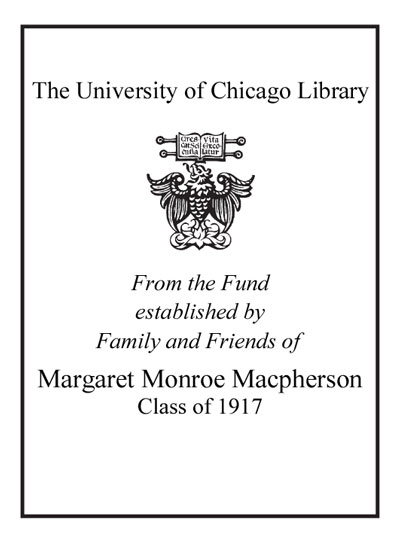Central and Southeast European politics since 1989 /
Saved in:
| Edition: | Second edition. |
|---|---|
| Imprint: | Cambridge, United Kingdom ; New York, NY : Cambridge University Press, 2019. ©2019 |
| Description: | xxi, 618 pages : illustrations, maps ; 25 cm |
| Language: | English |
| Subject: | |
| Format: | Print Book |
| URL for this record: | http://pi.lib.uchicago.edu/1001/cat/bib/11973407 |
Table of Contents:
- The challenge of transformation since 1989 : an introduction / Sabrina P. Ramet and Christine M. Hassenstab
- Post-socialist models of rule in Central and Southeastern Europe / Sabrina P. Ramet and F. Peter Wagner
- Media, journalism, and the third wave of democratization in former communist countries / Peter Gross
- Economic reforms and the burdens of transition / Karl Kaser
- The war of Yugoslav succession / Marko Attila Hoare
- Poland since 1989 : muddling through, wall to wall / Konstanty Gebert
- Building democratic values in the Czech Republic since 1989 / Carol Skalnik Leff
- Slovakia since 1989 / Erika Harris and Karen Henderson
- Two faces of Hungary : from democratization to democratic backsliding / Andras Bozoki and Eszter Simon
- Slovenia since 1989 / Danica Fink-Hafner
- Politics in Croatia since 1990 / Sabrina P. Ramet and Ivo Goldstein
- Serbia and Montenegro since 1989 / Sabrina P. Ramet
- Bosnia and Herzegovina since 1991 / Florian Bieber
- Macedonia/North Macedonia since 1989 / Zachary T. Irwin
- Kosova : from resisting expulsion to building on independence / Frances Trix
- Romania : in the shadow of the past / Lavinia Stan
- Bulgaria since 1989 / Maria Spirova and Radostina Sharenkova-Toshkova
- Albania since 1989 : the Hoxhaist legacy / Bernd J. Fischer
- Regional security and regional relations / Rick Fawn
- The European Union and democratization in Central and Southeastern Europe since 1989 / Ulrich Sedelmeier
- Conclusion: Adapting to the 21st century : lessons, progress, and regression / Aurel Braun.

